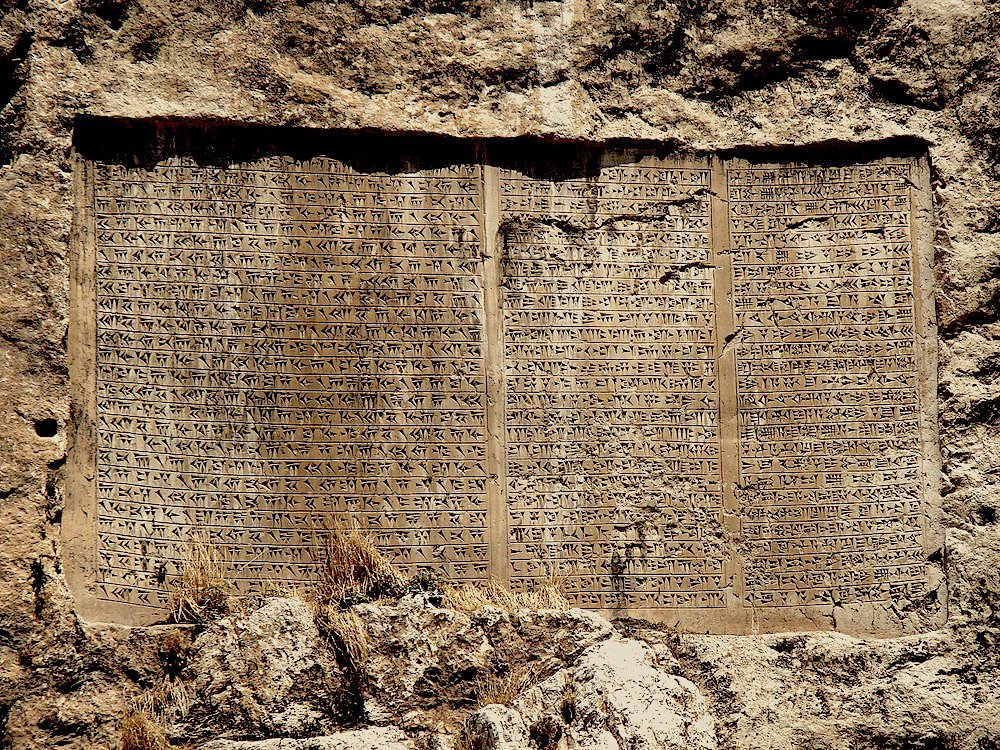- cross-posted to:
- technology@lemmit.online
- cross-posted to:
- technology@lemmit.online
5000-Year-Old Tablets Can Now Be Decoded by Artificial Intelligence, New Research Reveals::Researchers in Germany have unveiled an AI system capable of deciphering ancient cuneiform texts with excellent accuracy.



deleted by creator
a list, especially bulk lists, would belie frequencies and cadences of objects and services.
patterns emerge on usage, trade, priorities… possibly down to personal preferences of individual humans at the time.
deleted by creator
On the top of my head, the exact ingredients used for roman concrete would be a nice list.
Its stronger then today’s concrete and were still not sure wether they did or did not use blood as an ingredient.
Just in general we can learn about resources used and how these might be valued, we might already know if some of those were locally present, if not that indicates trading, which indicates diplomatic relations.
If we know how some stuff were valued we might learn about the status and wealth of the list owner.
We can learn about people diet, writing, differences in dialect compared to 3 towns over, peoples names, wether people are a commodity (slaves),… i keep finding more really.
If you have an office job you may release how much important data we keep in spreadsheets everywhere. Spreadsheets are the digital equivalent of boring lists.
deleted by creator
A lot of what we know about the construction of the Egyptian pyramids came from what are essentially ancient spreadsheets.
What they have eaten/cultivated on their fields, their organization structure, trading networks, stuff like that. Most what we know of Babylonian culture is from such lists (they were notorious for such lists).
deleted by creator